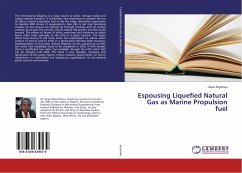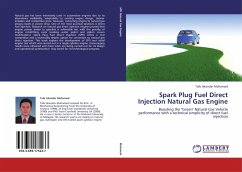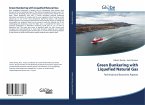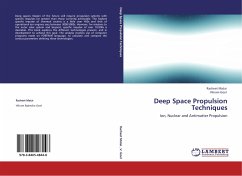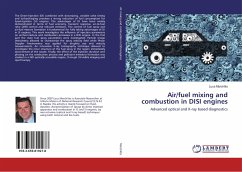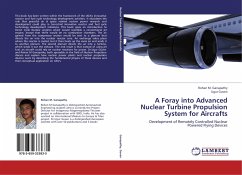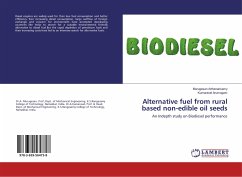The international shipping is a major source of sulfur, nitrogen oxide and carbon dioxide emissions. It is therefore very imperative to consider the use of LNG as marine propulsion fuel as the the major alternative approaches to meeting IMO Annex VI requirements. Also LNG is not only becoming cheaper as new sources are opened up through fracking, and cut carbon emission by at least 25n percent, SOx by almost 100 percent and NOx by 85 percent. The effects of Annex VI sulfur reductions and initiatives to adopt lower sulfur fuels especially to the ECAs is a great concern. The larger effect from Annex VI will come when the requirement to reduce sulfur content of marine fuels to 0.5% on a global basis effective 2020. However, implementation of this major change depends on the outcome of an IMO low sulfur fuel availability study to be completed in 2018. If IMO decides there is insufficient low sulfur fuel available, though the 0.5% sulfur limit can be delayed until 2025. This book is very valuable, necessary and significance to the policy makers, marine industry, governments, to future researchers, to institutional and regulatory organisations, to the general public and the environment.

